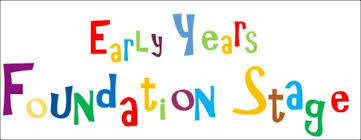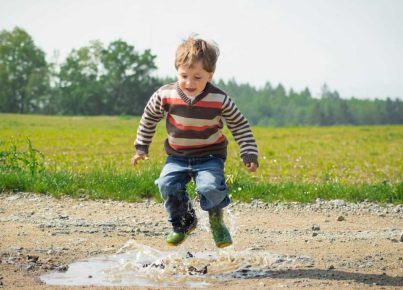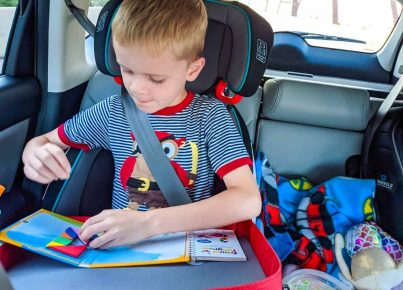When it comes to early education, one of the most significant frameworks in the United Kingdom is the Early Years Foundation Stage (EYFS). The EYFS is a comprehensive approach that sets standards for the development, learning, and care of children from birth to five years old. Parents and educators play a crucial role in ensuring children’s success during this vital period in their lives. In this article, we offer a starting point for those looking to understand and engage with the EYFS.
1. Familiarize yourself with the EYFS framework
The first thing you need to do is familiarize yourself with the EYFS framework. It covers seven areas of learning and development that you should focus on when working with young children. These areas are divided into two categories: prime areas and specific areas.
Prime Areas:
– Personal, Social, and Emotional Development
– Physical Development
– Communication and Language
Specific Areas:
– Literacy
– Mathematics
– Understanding the World
– Expressive Arts and Design
Understanding these areas will give you a solid foundation to help support your child or student’s growth and development.
2. Explore age-appropriate activities
Once you have a grasp of the EYFS framework, dive into age-appropriate activities that support each area of learning. There are many resources available online that suggest various games, tasks, and exercises that can promote skill development in young children.
3. Create a supportive environment
Children thrive when they feel safe and supported. Make sure your home or educational setting is structured to reinforce positive behaviors and create opportunities for interaction with peers. Encourage communication, collaboration, creativity, problem-solving, and exploration while supervising children closely to ensure their safety.
4. Partner with your child’s teacher or other professionals
Collaboration between parents and educators is essential for children’s success. Maintain an open line of communication with your child’s teacher to discuss their progress, strengths, and areas of difficulty. Attend parent-teacher conferences and other school meetings to stay informed about your child’s development.
5. Observe and document progress
Regularly observe your child or student’s development and keep records of their achievements, challenges, interests, and behavior patterns. This information is invaluable for adjusting the learning environment based on the specific needs and preferences of each individual child.
6. Make learning fun
Remember that children learn best through play and exploration. Encourage your child or student to engage in a wide variety of enjoyable activities that stimulate their imagination and develop an excitement for learning.
7. Seek help when needed
It’s natural to have questions or concerns about your child’s education and development. Reach out to professionals, educators, fellow parents, or online communities if you have questions or need support in any area related to the EYFS.
In conclusion, getting involved in the Early Years Foundation Stage is essential for supporting your child’s early education and development. By understanding the framework, engaging in age-appropriate activities, creating a supportive environment, collaborating with educators, observing progress, making learning fun, and seeking help when needed, you will set your child up for a successful educational journey from the very beginning.





